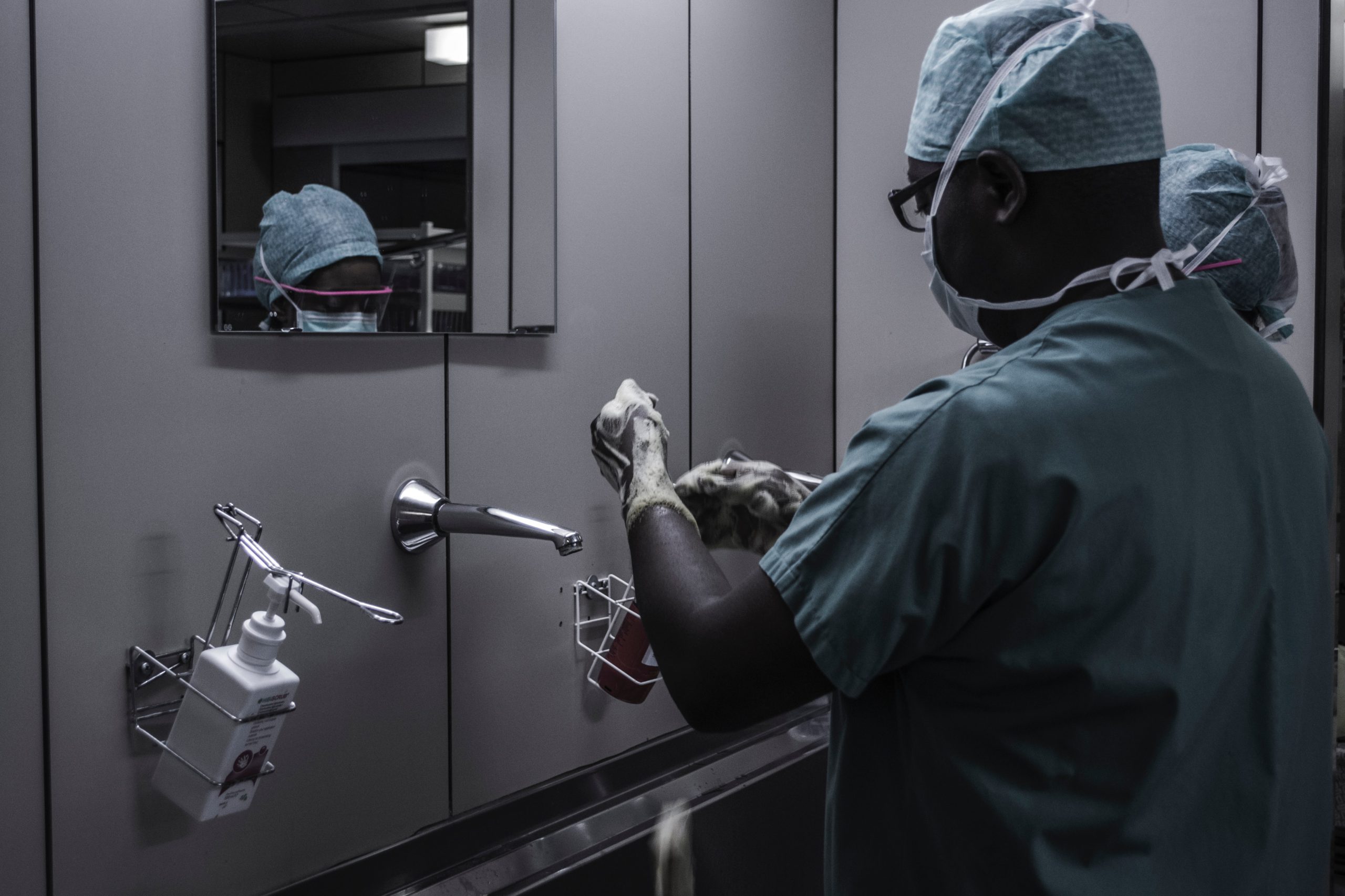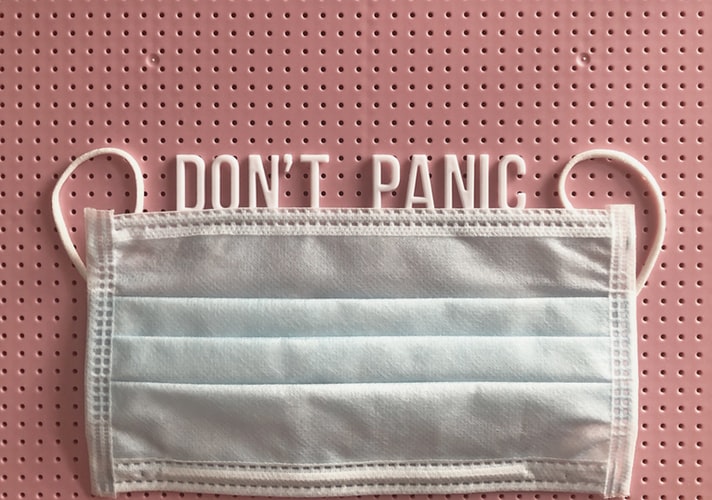Last Updated on March 17, 2021
Patient safety is about preventing and reducing harmful medical incidents that lead to adverse effects. Studies suggest that as many as 400,000 deaths occur in the United States each year as a result of errors or preventable harm. While not every case of harm results in death, they can cause a long-term impact on the patient’s physical health, emotional health, financial well-being, or family relationships. Preventable harm is expected to cost the U.S. and European healthcare systems $383.7 billion by 2022. The bulk of these costs are directly associated with additional medical expenses, followed by increased mortality rates and loss of productivity. When indirect costs are accounted for, the estimated economic impact skyrockets to nearly $1 trillion annually.
The average cost of preventable harm is approximately $58,776 per injury. Medicare and other insurers usually don’t cover the cost of medical treatment related to adverse events and the remaining costs are typically externalized through malpractice insurance. The patients themselves face indirect costs and the economy at large bears disability payments, lost productivity, and other associated costs.
While patients may not be in control of preventing all possible harm, they are an important part of their own healthcare team. There are ways to prepare for an appointment with a healthcare provider or a hospital stay:
- Bring all the medicines you are currently taking so that your healthcare team can review them. Don’t forget over-the-counter medications, dietary supplements, and herbal remedies.
- Make sure your care team knows about any allergies.
- Bring a family member or close friend with you. If you are not feeling well, this person can be alert, ask or answer questions, provide or hear important information, and step in if there are any problems.
- Know what the medicines given to you in the hospital look and taste like. If anything is different when your nurse brings them to you or the pharmacist fills a prescription, ask why.
- Know what conditions your medicines treat. It is helpful to know both the clinical and common name for your condition(s).
- Some discomfort may be expected, but it is important to let someone know about an unexpected response to medication which could signal a potential complication.
- Make sure your care team checks your hospital wristband before giving you medication.
- Share your medication list with a close friend or family member every time it changes. Make sure the list is dated, as your list of medications may change.
- Remember that some of the same drugs have different names, while some drugs have similar names but are different. Having a printed, legible list of your medications that includes generic and brand names is helpful in sorting this out.
- Abide all safety signs and messages. Behaviors such as washing your hands, shutting a security door, or not allowing children to run down the halls can help protect patients from harm.
- Share concerns and remain an active participant in the healthcare team. There are effective ways to show concern and participate while not disrupting the care processes. Inviting the staff to engage you as a partner is a good first step.
In times of an outbreak, patient safety can extend to outside of a healthcare setting. Throughout the COVID-19 pandemic — which has been active in the United States for over a year — it has been everyone’s shared responsibility to practice social distancing and wear masks in public to keep each other safe from the novel coronavirus. However, avoiding healthcare in an effort to avoid exposure can be even more dangerous. In a recent survey, 68% of over 2000 Americans responded that that they or someone in their household have delayed healthcare during the pandemic. It is important to not allow chronic conditions go untreated or to forgo regular healthcare screenings. Many healthcare settings have strict cleaning and distancing protocols that along with individual actions such as wearing masks can mitigate the risk of exposure.
The NeedyMeds website has a database of over 18,000 free, low-cost, or sliding scale clinics. Search your ZIP code for clinics in your area to find free or low-cost medical attention. We also list resources for those affected by COVID-19 for those in need (we even offer premium 3-layer masks as a donation premium). The free NeedyMeds Drug Discount Card can be used by anyone to help save money on their prescribed medication — even over-the-counter medicine — regardless of immigration status. The card is available physically via mail, in a printable form, or as a smartphone app for Apple and Android devices. For more help finding information, call our toll-free helpline Monday-Friday 9am-5pm Eastern Time at 1-800-503-6897.




